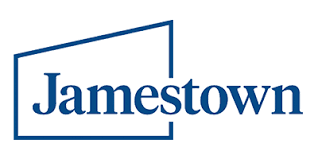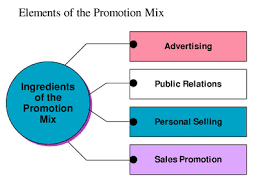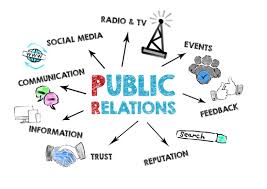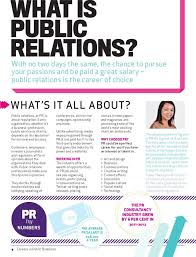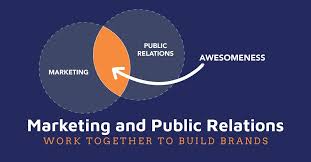Elevating Property Marketing: The Impact of Real Estate Public Relations Firms
Real Estate Public Relations Firms: Elevating Your Property Marketing
In the competitive world of real estate, standing out from the crowd is essential to attract buyers, investors, and tenants. This is where real estate public relations firms play a crucial role in elevating your property marketing strategies.
Real estate PR firms specialise in crafting compelling narratives and strategic communication plans to showcase properties in the best possible light. Whether it’s a luxury residential development, a commercial office space, or a retail complex, these firms have the expertise to create buzz and generate interest.
One of the key benefits of working with a real estate PR firm is their ability to secure media coverage. By leveraging their relationships with journalists and industry influencers, they can get your property featured in top-tier publications, online platforms, and broadcast media. This exposure not only increases visibility but also enhances credibility and reputation.
Besides media relations, real estate PR firms excel in content creation. From press releases and blog posts to social media campaigns and video production, they develop engaging content that resonates with your target audience. By telling a compelling story about your property, they can capture attention and drive engagement.
Furthermore, real estate PR firms are adept at crisis management. In an industry where reputation is everything, having a proactive crisis communication plan in place is essential. These firms can help navigate challenging situations, mitigate negative publicity, and protect your brand image.
Whether you’re launching a new development, repositioning an existing property, or seeking to enhance your market presence, partnering with a real estate public relations firm can provide you with the expertise and resources needed to achieve your goals.
In conclusion, real estate public relations firms offer invaluable support in elevating your property marketing efforts. Their strategic approach to communication, media savvy tactics, creative content creation capabilities, and crisis management expertise can help you differentiate your properties in a crowded market landscape.
Top 5 Tips for Boosting Your Real Estate PR Firm’s Success
- Establish strong media relationships to increase coverage for your clients.
- Create compelling press releases and pitches to attract media attention.
- Utilise social media platforms to engage with the target audience and showcase your clients’ properties.
- Organise events and open houses to generate buzz and interest in your clients’ real estate offerings.
- Stay updated on industry trends and news to position your firm as a knowledgeable resource in the real estate sector.
Establish strong media relationships to increase coverage for your clients.
Establishing strong media relationships is a fundamental tip for real estate public relations firms looking to enhance coverage for their clients. By cultivating trust and rapport with journalists and media outlets, PR professionals can secure valuable opportunities for their clients to be featured in prominent publications, online platforms, and broadcast channels. These relationships not only increase visibility but also lead to more positive coverage, helping to build credibility and attract potential buyers, investors, and tenants to the properties being promoted.
Create compelling press releases and pitches to attract media attention.
To maximise media attention for your real estate properties, it is crucial to craft compelling press releases and pitches that capture the interest of journalists and influencers. By highlighting unique selling points, key features, and engaging stories about your properties, you can pique the curiosity of the media and increase the likelihood of coverage. A well-crafted press release combined with a targeted pitch strategy can effectively showcase your properties in a positive light and generate valuable exposure in relevant publications and platforms.
Utilise social media platforms to engage with the target audience and showcase your clients’ properties.
To maximise the impact of real estate public relations firms, it is essential to leverage social media platforms effectively. By engaging with the target audience through platforms such as Facebook, Instagram, and LinkedIn, firms can create a dynamic online presence that showcases their clients’ properties in a visually appealing and interactive manner. Through strategic content creation, engagement with followers, and targeted advertising campaigns, real estate PR firms can amplify the reach of property listings, generate interest from potential buyers or tenants, and strengthen brand visibility in the competitive real estate market.
Organise events and open houses to generate buzz and interest in your clients’ real estate offerings.
Organising events and open houses is a powerful strategy employed by real estate public relations firms to generate buzz and interest in their clients’ real estate offerings. By hosting engaging events and open houses, these firms create opportunities for potential buyers, investors, and tenants to experience the property firsthand, fostering a sense of connection and excitement. Such events not only showcase the unique features of the property but also provide a platform for networking and building relationships within the real estate community. This proactive approach helps to increase visibility, attract qualified leads, and ultimately drive interest in the property, leading to successful sales or leases.
Stay updated on industry trends and news to position your firm as a knowledgeable resource in the real estate sector.
Staying updated on industry trends and news is essential for real estate public relations firms looking to establish themselves as knowledgeable resources in the sector. By keeping abreast of the latest developments, market insights, and emerging technologies, these firms can provide valuable expertise and strategic guidance to their clients. Positioning themselves as industry thought leaders not only enhances their credibility but also enables them to offer innovative solutions that align with current market dynamics, ultimately setting them apart in a competitive landscape.



